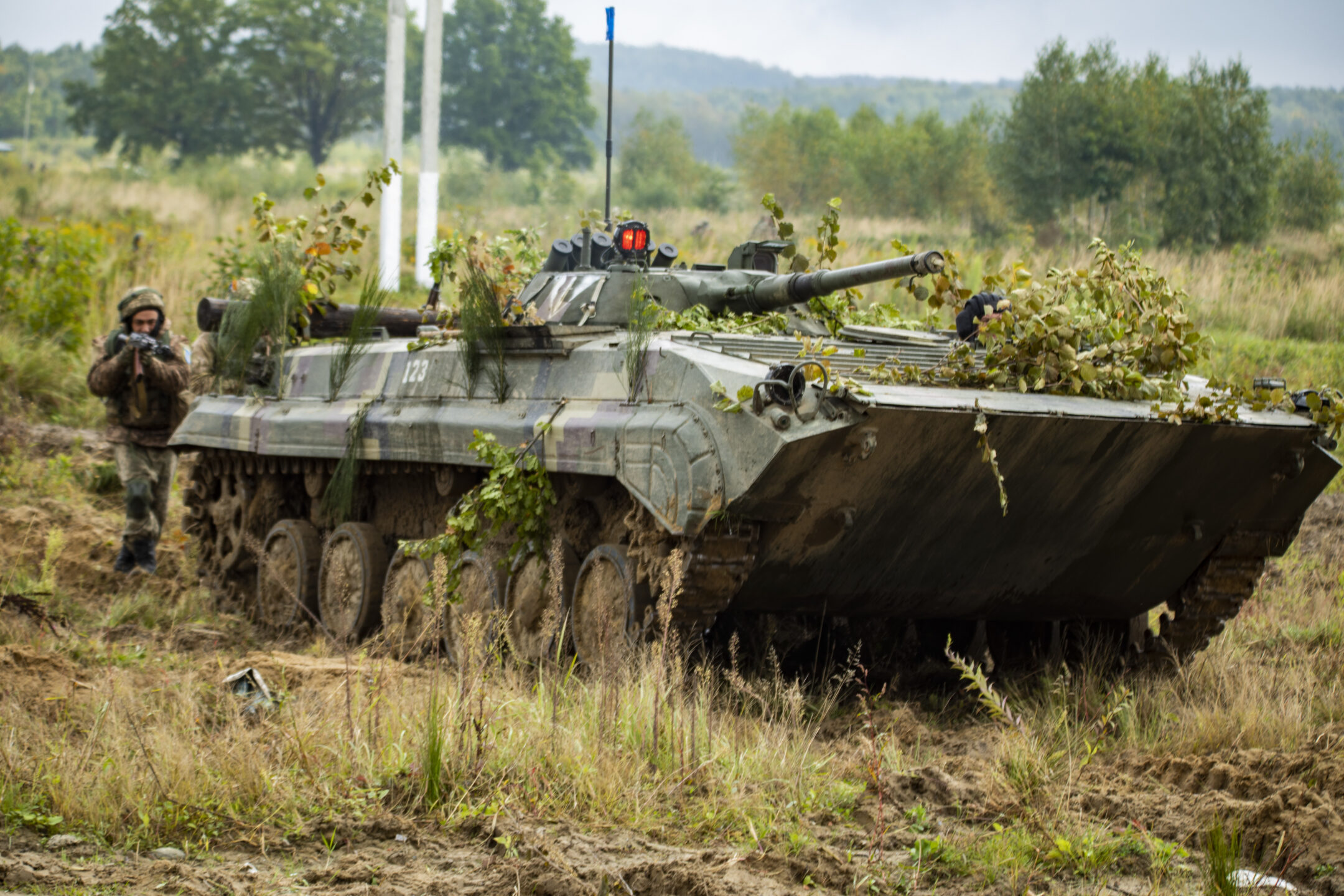- 3 Posts
- 5 Comments

 0·4 days ago
0·4 days agoMaybe Al Jazeera could be a more balanced source on this topic, for example: https://www.aljazeera.com/news/2025/8/22/russia-ukraine-war-list-of-key-events-day-1275

 1·4 days ago
1·4 days agoThis is a solid point but it kinda misses how fast things are changing. It’s totally true that solar started as a rich person’s backup generator, but that’s not the whole story anymore. The real shift is happening off-grid in developing countries. Places in Ethiopia and Nigeria are seeing solar become the main power source for entire villages, not just a backup, and it’s actually kickstarting local economies.
Also, the energy transition in Africa is way more complex than just connecting homes to the grid. A lot of people who are technically connected can’t even afford to use the power or it’s so unreliable they still use wood. The real opportunity is that renewables could actually drive massive development, like in Kenya and Morocco. The huge problem, though, is the insane lack of funding and the structural barriers holding everything back. They get almost none of the global investment needed to make this happen.

 1·4 days ago
1·4 days agoThe article is paywalled, here is a summary:
In May 2025, African countries imported a combined 1.57 gigawatts (GW) of solar panels from China, an all-time high. This monthly volume represents approximately three-quarters of the Hoover Dam’s capacity. Notably, this surge isn’t limited to relatively affluent nations like South Africa but includes at least 22 African countries that increased imports during the first five months of 2025, with most doubling their previous year’s numbers.
Algeria exemplifies this trend with a 6,300% increase in solar panel imports from China during the first half of 2025, reaching 0.76 GW. Even less developed countries like Chad have imported enough panels to theoretically replace their entire current power generation capacity.
China’s role as the global solar panel manufacturing leader is pivotal, producing over 80% of the world’s panels due to government subsidies, economies of scale, and technological advancements. While Europe and North America were previously the primary export markets, Africa is now emerging as a key destination.

 1·4 days ago
1·4 days agoRumer would contend that Russia’s actions in Crimea were driven by core strategic interests, not merely a response to Ukraine’s geopolitical orientation. He has noted that Russia felt “betrayed” by Western support for regime change in Kyiv and acted to protect its vital interests, which it saw as threatened by Ukraine’s potential alignment with the West. Even if Ukraine had declared neutrality, Russia would likely have pursued annexation to secure its Black Sea naval base in Sevastopol and assert dominance over what it considers its historical sphere of influence. Neutrality would not have addressed Russia’s perception of vulnerability or its ambition to reshape the regional order.
Rumer has highlighted that NATO enlargement, while not explicitly intended to threaten Russia, created a dynamic of hedging against Russian resurgence. Russia was never integrated into European security structures like Germany was after World War II, leading to a sense of exclusion and mistrust. He argues that the West lacked a coherent strategy for Russia after the Cold War, relying on hope rather than a realistic framework for engagement. Thus, Crimea’s annexation was a culmination of long-standing grievances, not a reaction to short-term provocations.
The author’s analysis suggests that Russia views Ukraine as a critical buffer zone and a symbol of its great-power status. He notes that the competition between the EU and Russia over Ukraine’s economic alignment became a zero-sum game, with Russia willing to use force to prevent Ukraine’s Western integration. Even neutrality would likely have been insufficient unless it explicitly guaranteed Russia’s dominance, which would contradict Ukrainian sovereignty and popular aspirations.



Your thesis is impeccable from the point of view of international law and the normative (liberal) theory of international relations. It accurately identifies violations and tactics.
However, for a complete geopolitical picture, it must be supplemented by an analysis of the motives and strategic calculations of the other side (Russia), which, even if illegal, are the driving force of its actions.
Legal assessment and assessment from a position of strength are often in conflict, which is the essence of the modern geopolitical conflict.